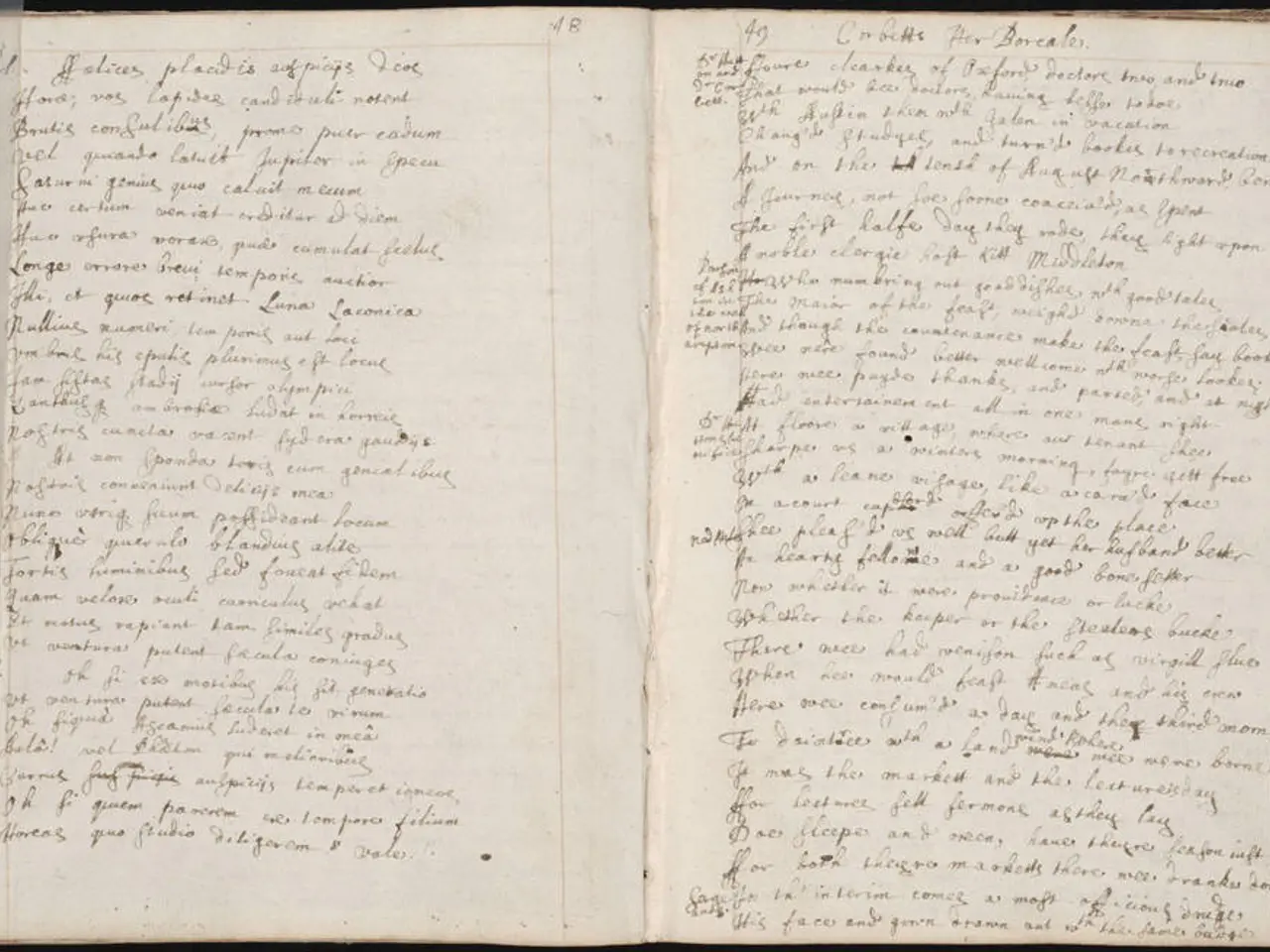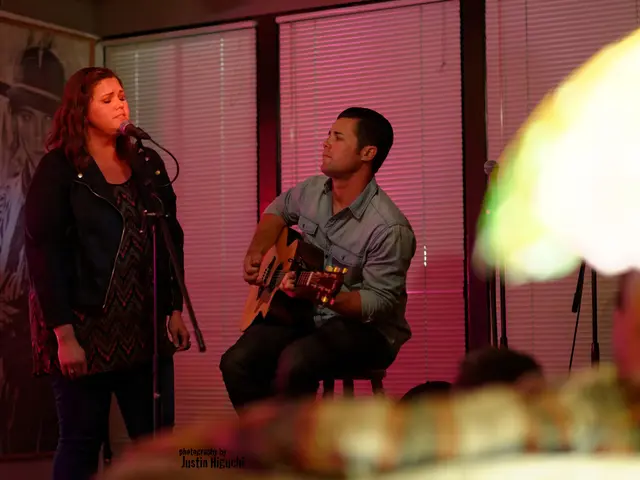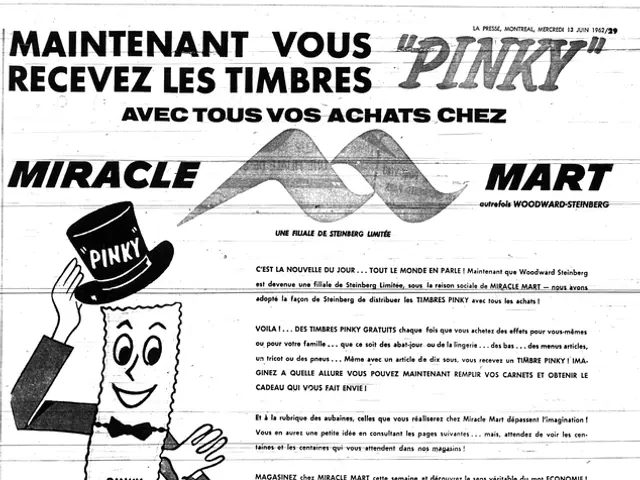Exploring Legal Challenges at the Crossroads of Open Source Codes and Patent Rights
=======================================================================
In the rapidly evolving world of technology, the intersection of open source and patents has become a crucial aspect of innovation and collaboration. This relationship, while complex, is centred around the delicate balance between legal protection and the freedom to innovate and collaborate.
Interaction Between Open Source and Patents
Open-source software grants broad rights to use, modify, and distribute code, but it does not automatically shield users from potential patent infringement lawsuits. Some licenses, such as the Apache License 2.0, include explicit patent grants, providing significant protection against such claims if users comply with the license terms. Other popular licenses, like the GNU GPL, include provisions that prohibit users from asserting patent claims against other users, creating a form of "patent peace."
Impact on Innovation
Open-source software accelerates innovation by allowing developers and companies to build upon existing code bases without negotiating licenses from scratch. Patent provisions in open-source licenses protect contributors and users from patent litigation related to their contributions, encouraging companies to openly share innovations while reducing legal risks. However, patents can also create friction if patented technology embedded in open-source software is later enforced aggressively, limiting commercialization possibilities or deterring contributions.
Impact on Collaboration
Clear patent provisions foster trust and cooperation within open-source communities by ensuring contributors do not later assert patent rights to block or litigate against users of the shared software. This legal framework encourages a more collaborative environment where companies can contribute to projects without fearing future patent retaliation from other contributors or users.
Legal Protection and Risk Management
Open-source licenses with robust patent clauses serve as a defense against patent lawsuits, providing a form of community "safe harbor" that shields users from infringement claims by contributors. However, these protections depend heavily on the license terms and applicable jurisdiction, so companies must carefully analyze patent provisions and sometimes seek additional patent licenses to fully mitigate infringement risks.
In summary, open source fosters innovation and collaboration by making software freely available and modifiable, but patents provide legal protections that can both enable and restrict this process. Open-source licenses that incorporate explicit patent grants or protections help balance these interests by reducing legal risks, encouraging contributions, and promoting a cooperative development environment.
Key licenses illustrating this dynamic include the Apache License 2.0, GNU GPLv3, MIT License, and BSD. This dynamic shapes how innovation is shared and protected in modern technology sectors.
As technology companies continue to navigate this complex landscape, seeking legal counsel specializing in patent law is invaluable for ensuring compliance with patent regulations and devising strategies that safeguard innovations while promoting open collaboration in the open-source community. The future of open source and patents may see a more symbiotic relationship, where open-source licensing increasingly incorporates patent rights to safeguard innovations while promoting sharing.
- The delicate balance between legal protection and the freedom to innovate and collaborate in the technology sector is significantly influenced by the interaction between open-source software and patents, with licenses like the Apache License 2.0 offering explicit patent grants that shield users from potential patent infringement lawsuits.
- Open-source software, with its patent provisions, encourages companies to openly share innovations while reducing legal risks, creating a more collaborative environment where intellectual property rights are respected and fostering trust among contributors and users.




